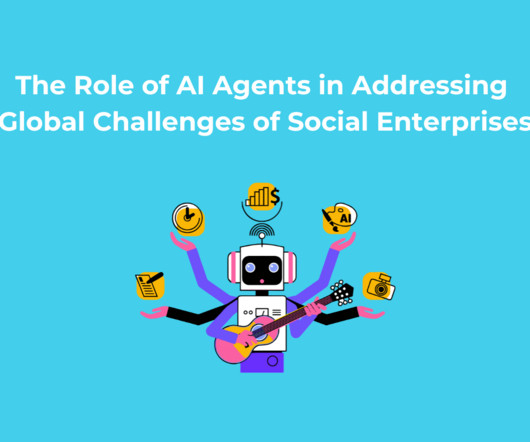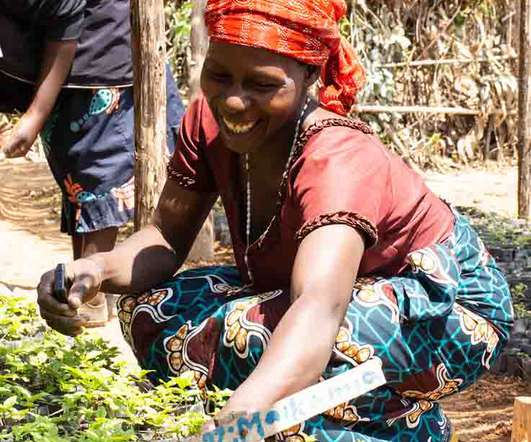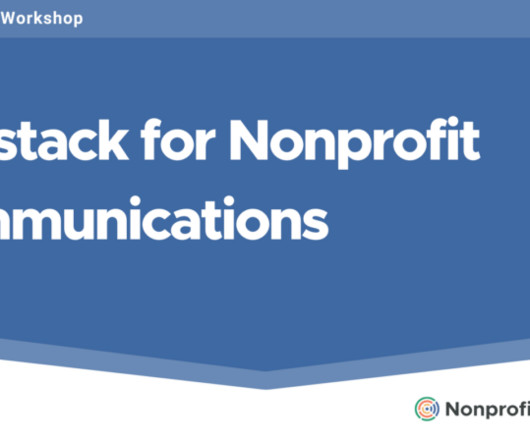The Role of AI Agents in Addressing Global Challenges of Social Enterprises
Nonprofit Marketing Insights by GlobalOwls
DECEMBER 28, 2024
As the complexity of global issues like climate change, poverty, and inequality continues to escalate, AI agents are emerging as transformative tools. AI Agent Applications in Global Issues: Success Stories Combating Poverty Through Financial Inclusion Many social enterprises aim to empower underserved populations with financial services.


















Let's personalize your content